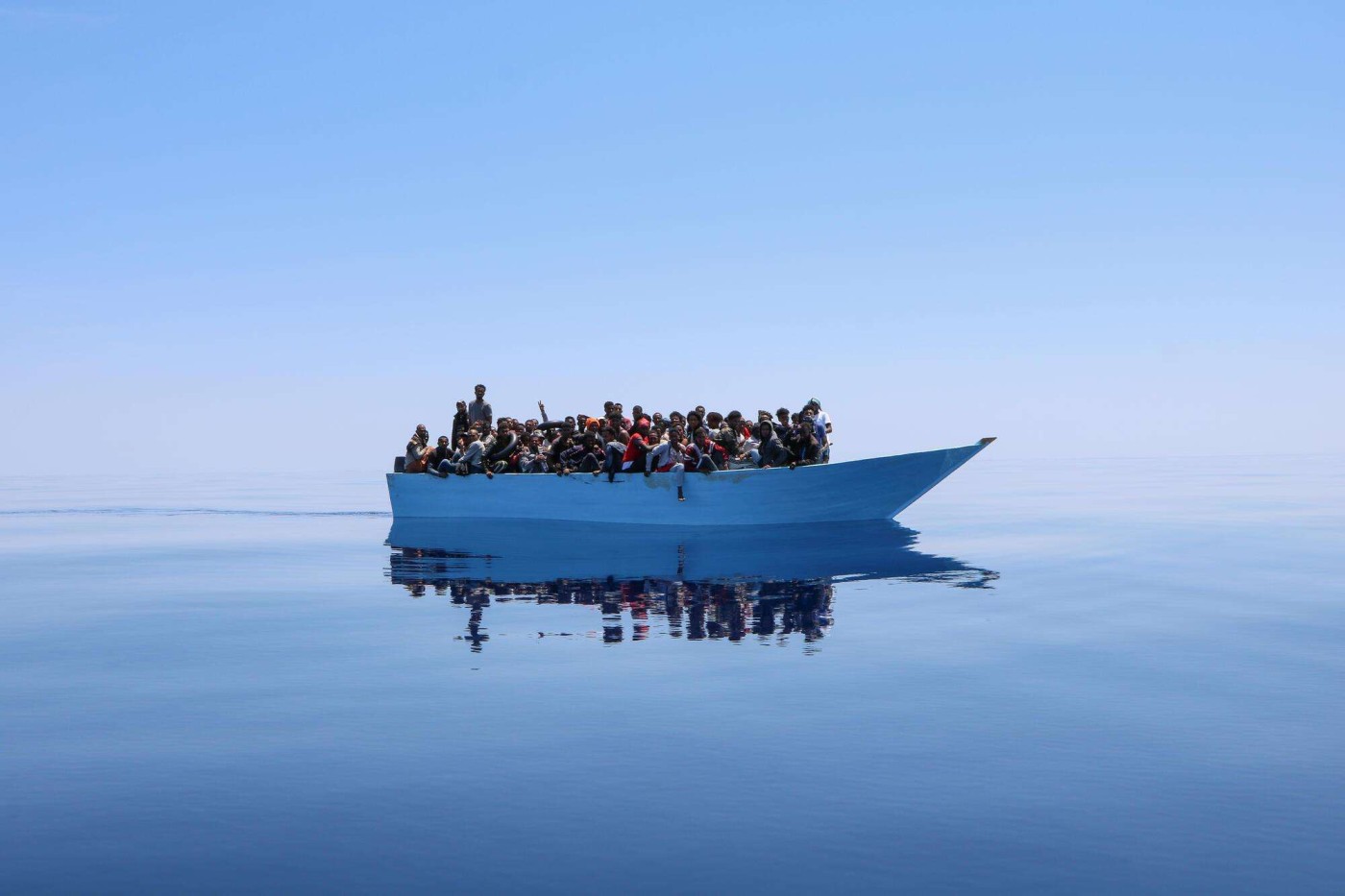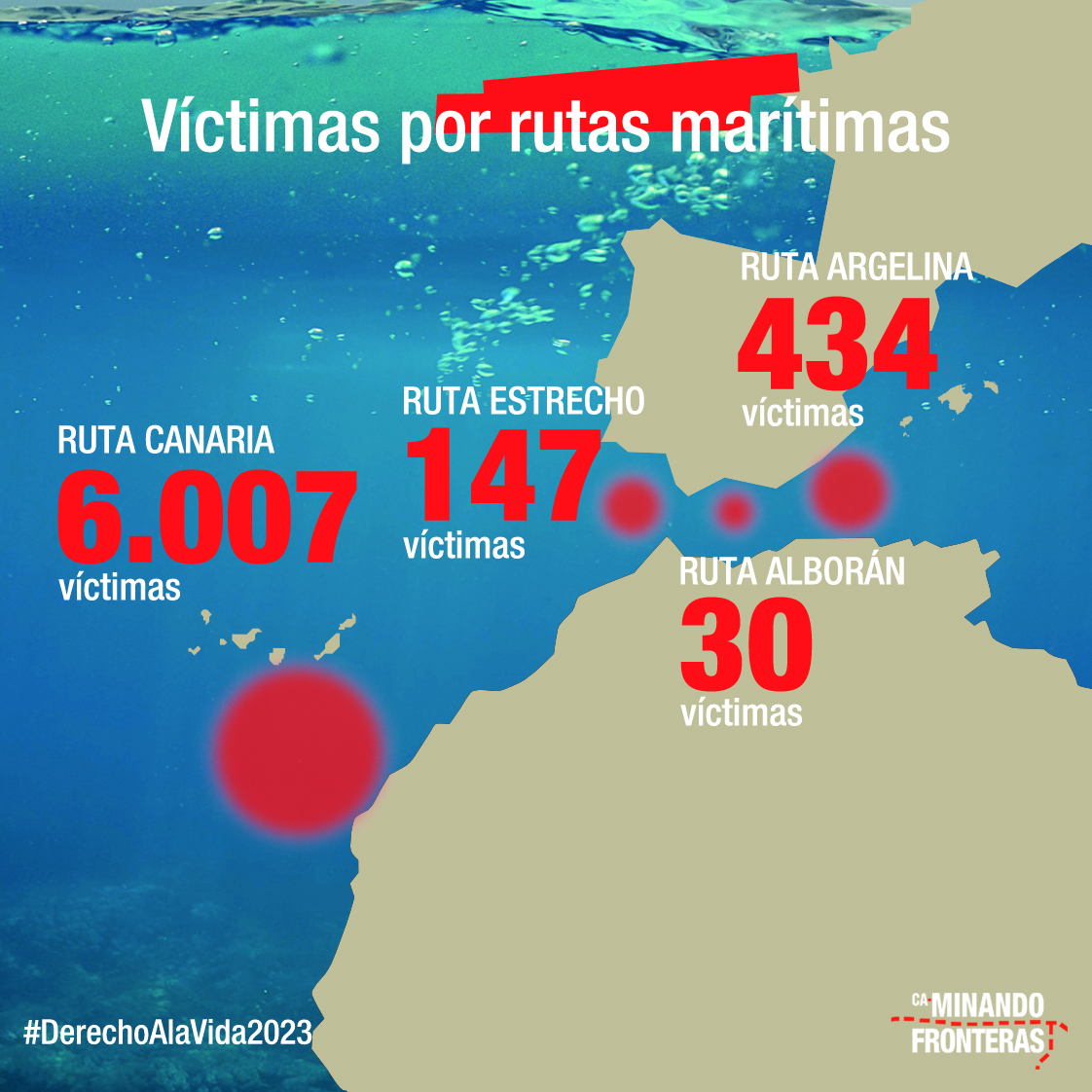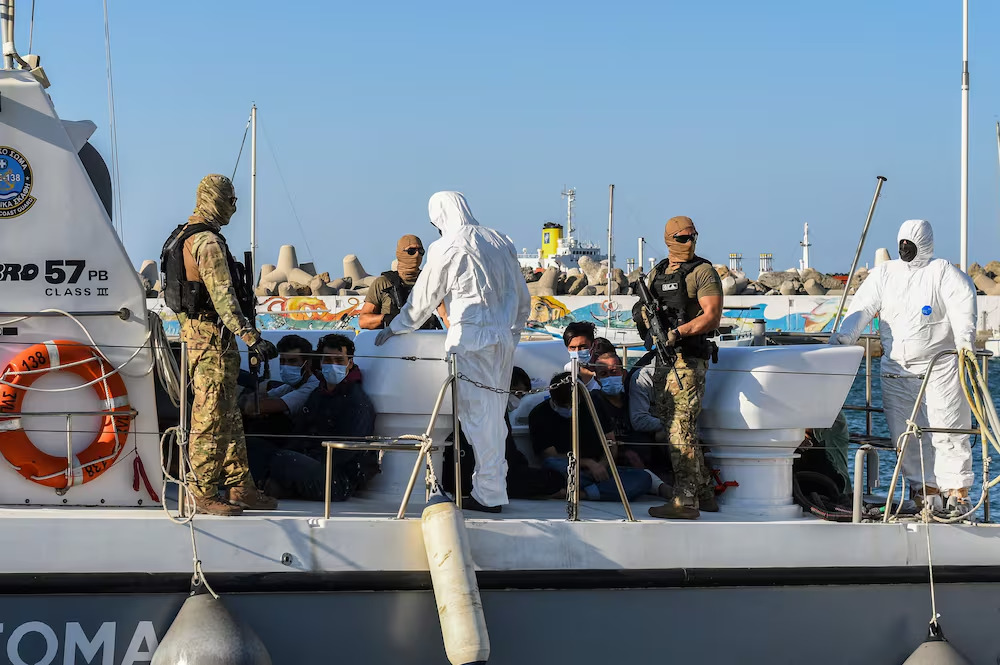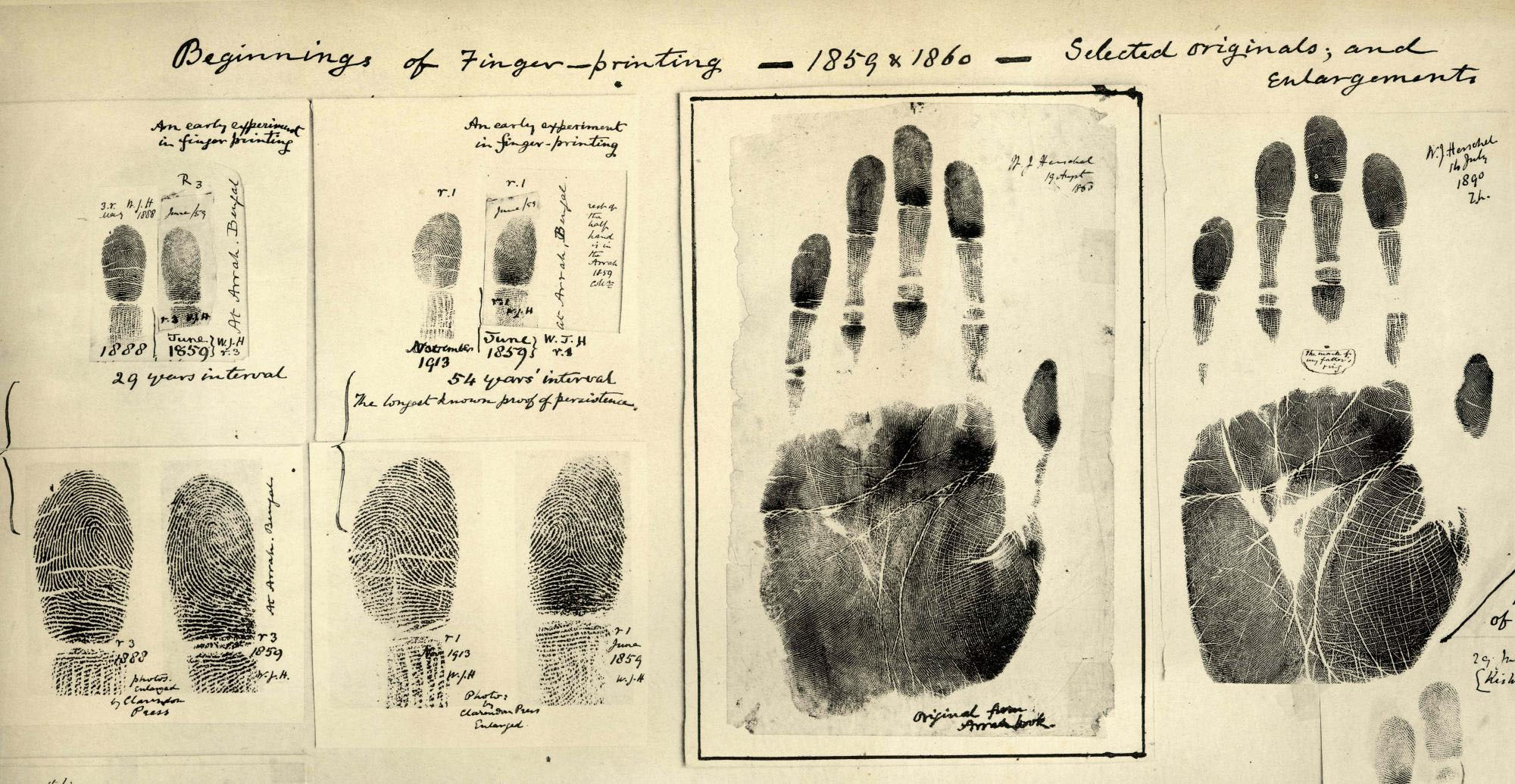Eighteen migrants died on average last year in their attempt to reach the Spanish state
- Walking Borders is the balance of the non-governmental organization in the new edition of the report “Monitoring the Right to Life”: 6,618 deaths on the Western Euro-African Border, including 384 children.

Last year, 6,618 people died from Africa to reach the Spanish state, an average of eighteen migrants a day. The non-governmental organization Walking Borders has pointed out that they are the worst data that has been obtained since two years ago they began receiving the data. Of all the deaths, the majority, 6,007, are declared dead on the Atlantic route towards the Canary Islands, 434 leaving Algeria crossing the Mediterranean, 147 crossing the Strait of Gibraltar and the last 30 on the road to Alboran.

The organization has stressed that in many cases the aid came “late” or that other search operations were not activated directly. They stress that these delays are driven by the “policy of outsourcing borders” and that ultimately the goal is “to control migration”, “not to save people”. They also denounce the attitude of the Government of Spain: “The rescue has often been made available to third countries, even though they do not have sufficient resources for this work.”
They have also denounced the "criminalisation" of organisations and individuals disseminating information on the situation of people at risk at sea.
Kritika artean abiatu dira Gasteizko Arana klinika zena Nazioarteko Babes Harrera Zentro bilakatzeko obrak. Ez auzokideak, ez errefuxiatuekin lan egiten duten gobernuz kanpoko erakundeak, ez PSEz bestelako alderdi politikoak ez daude ados proiektuarekin: makrozentroen ordez,... [+]
"Segurtasun gehiago, inmigrazio gutxiago". Bruno Retailleau barne ministro frantsesa argi mintzatu da, kargua hartu berritan. Etorkinen gaineko kontrola azkartu nahi du Michel Barnier lehen ministro eskuindar-kontserbadorearen gobernuak, eta jada Retailleauk aitzinatu... [+]
Europar Batasunean berriki onartu den Migrazio Itunak, asko zaildu dizkie gauzak euren herrialdetik ihesi doazen eta asiloa eskatzen duten pertsonei. Eskuin muturraren tesiak ogi tartean irentsita, migratzaileentzako kontrol neurri zorrotzagoak onartu dituzte Estrasburgon,... [+]
Migratzaileen kopurua anitz emendatu da Irun eta Hendaia arteko pasabidean. Irungo Harrera Sareak ohartarazi duenez, otsailean 600 pertsona lagundu dituzte, iaz, urte osoan 2.700 izan zirelarik. Iragan urtarrilean, 2.700 etorkin heldu dira Kanariar Uharteetara, egunero 80... [+]





















